**SEO-Optimized Introduction:**
**Understanding and Managing Pitbull Food Aggression**
Pitbulls, known for their loyalty and protectiveness, can exhibit food aggression, a common behavioral issue that requires prompt attention. This article aims to provide a comprehensive guide to understanding the causes of pitbull food aggression and implementing effective management techniques.
By exploring the potential triggers and underlying medical conditions that contribute to food aggression, owners can gain a deeper understanding of their dog’s behavior. The article then outlines practical strategies, such as establishing feeding routines, teaching proper handling, and using positive reinforcement, to effectively address this challenge.
Through a combination of proactive measures and tailored interventions, owners can confidently navigate the complexities of pitbull food aggression, ensuring both their safety and the well-being of their canine companion.
## Identify and Address Underlying Causes
Before implementing management techniques, it’s crucial to delve into the underlying reasons behind your Pitbull’s food aggression. This step is essential for long-term success.
### Explore Potential Triggers
Start by considering possible triggers that may evoke aggressive behavior. These could include:
– **Fear and Anxiety:** Pitbulls are known for their loyal and protective nature, but they can also be sensitive to perceived threats. Fear or anxiety around food can stem from past negative experiences, such as resource guarding or punishment while eating.
– **Previous Negative Experiences:** Unpleasant encounters associated with food, such as being startled or having their food taken away, can lead to fear and aggression. Identifying these past experiences is vital for understanding and addressing the behavior.
### Consult with a Veterinarian
Alongside behavioral analysis, consulting with a veterinarian is highly recommended. Medical issues, such as pain or discomfort, can manifest as aggression. Ruling out any underlying health conditions is essential for effective treatment.
The #1 Free Source for Pitbull & Bully Pedigrees!
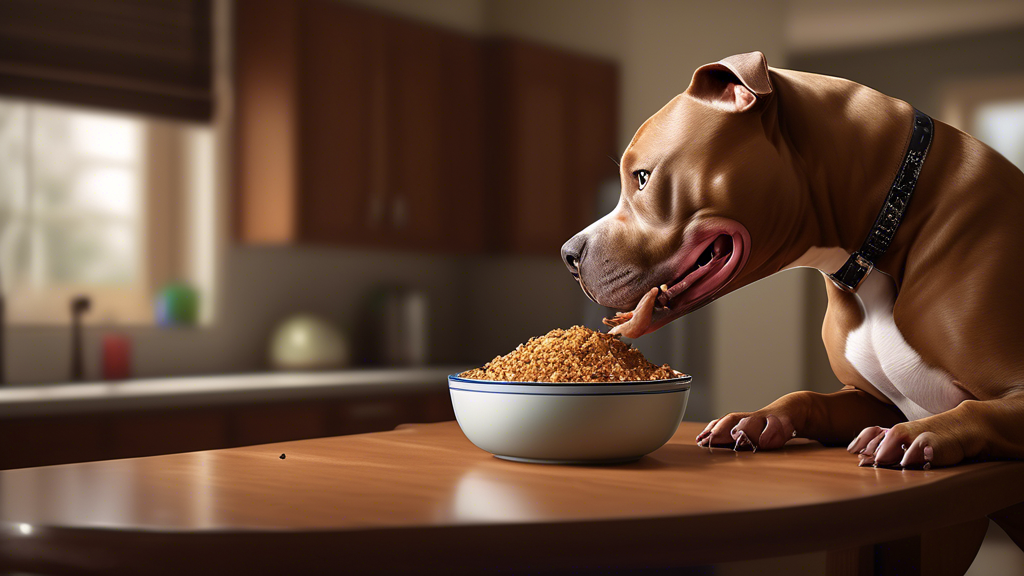
Implementing Effective Management Techniques
Establish Clear Feeding Routines and Designated Feeding Areas
* Create a consistent feeding schedule: Feed your pitbull at the same time and place each day to establish predictability and reduce anxiety.
* Designate a specific feeding area: Choose a quiet and comfortable spot where your pitbull can eat without distractions.
Teach Proper Handling and Communication
* Avoid physical punishment or confrontation: Never punish your pitbull for food aggression. This will only worsen the behavior.
* Use calm and assertive body language: Approach your pitbull slowly and confidently, avoiding sudden movements or loud noises.
* Establish clear boundaries: Teach your pitbull that it cannot get food by growling, barking, or lunging.
Use Positive Reinforcement and Rewards
* Reward calm behavior: Give your pitbull treats or praise when it remains calm and respectful around food.
* Use positive distractions: If your pitbull starts to show signs of food aggression, try distracting it with a toy or treats.
* Avoid giving in to demands: Never give your pitbull food if it is acting aggressively. This reinforces the negative behavior.
Additional Tips
* Supervise interactions: Always supervise your pitbull around food, especially if it has a history of food aggression.
* Seek professional help: If you are unable to manage your pitbull’s food aggression on your own, consult with a qualified dog trainer or behaviorist.
* Be patient and consistent: Changing your pitbull’s behavior takes time and consistency. Avoid getting discouraged and continue to work on these techniques daily.
**Conclusion**
Handling food aggression in pitbulls requires a multifaceted approach that addresses both the underlying causes and implements effective management techniques. By thoroughly assessing potential triggers, addressing medical conditions, and implementing consistent feeding routines, owners can effectively manage and mitigate aggression during feeding time. Positive reinforcement, clear communication, and proper handling techniques help establish a safe and harmonious environment for both the dog and its owners. With patience, consistency, and professional guidance when necessary, owners can successfully overcome food aggression in their pitbulls, fostering a strong and healthy bond with their beloved companions. It is important to remember that seeking professional help from a veterinarian or certified animal behaviorist is always advisable to ensure the most effective and appropriate treatment plan is tailored specifically to the individual dog’s needs.







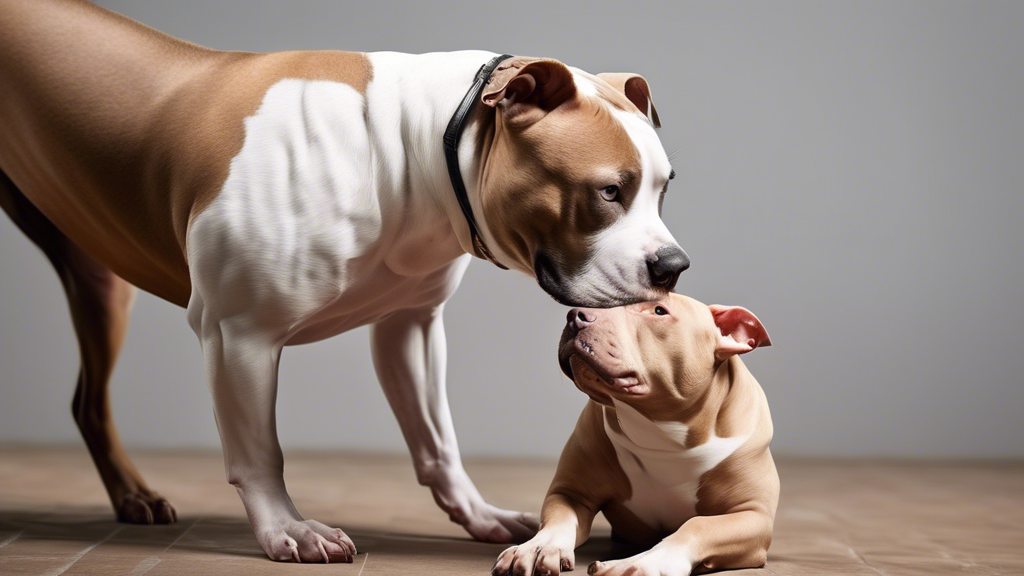

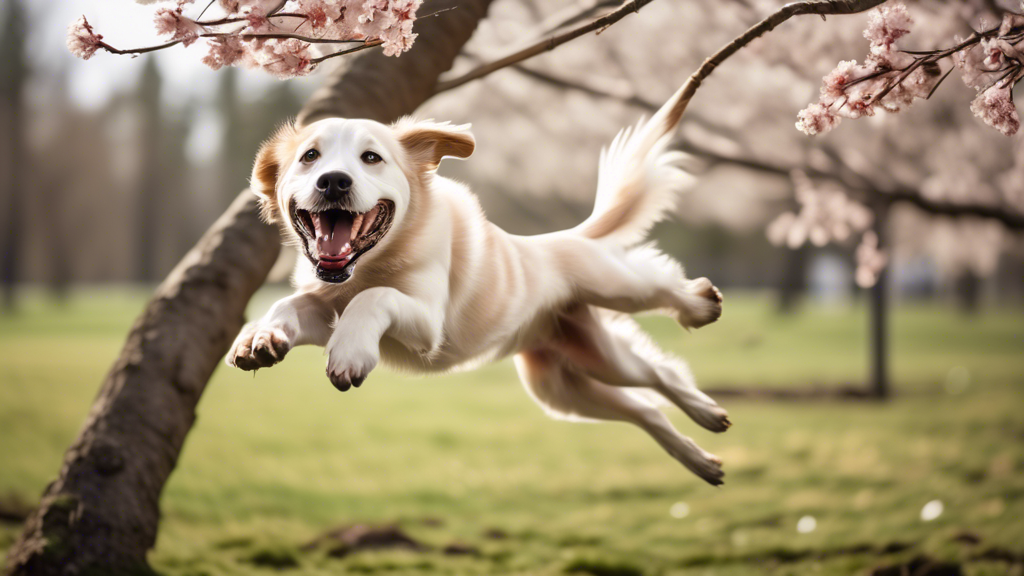
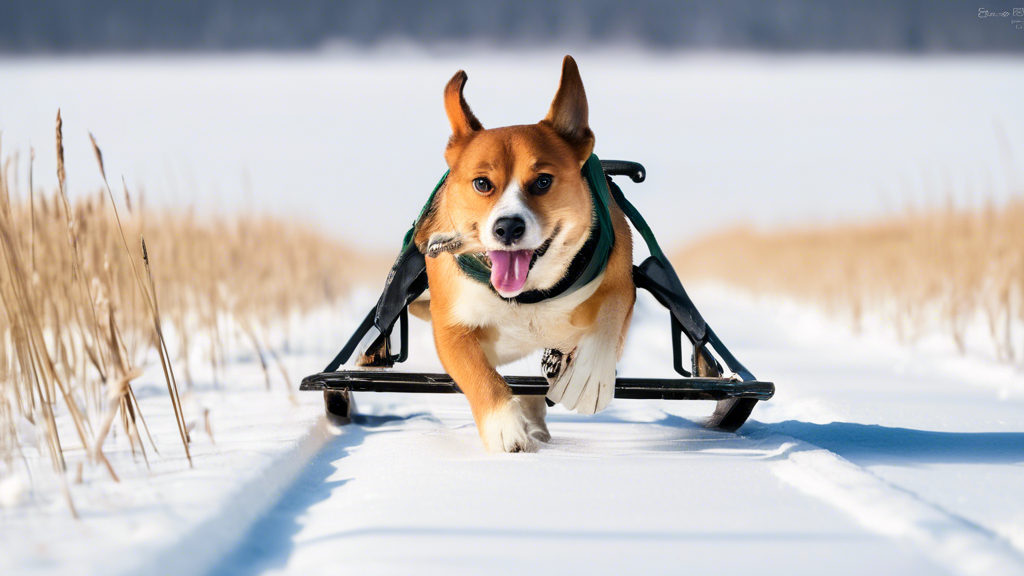
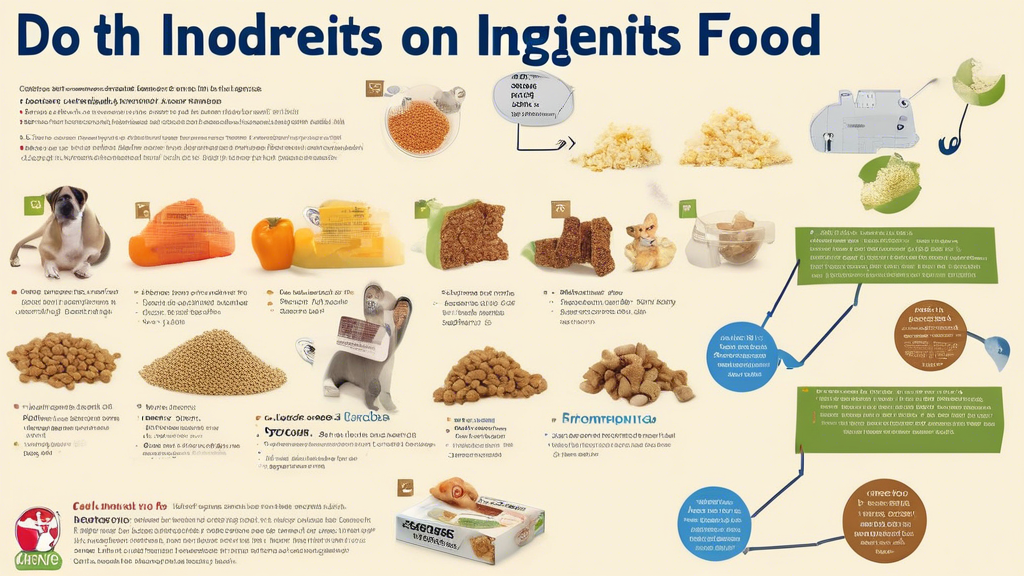

Leave A Comment